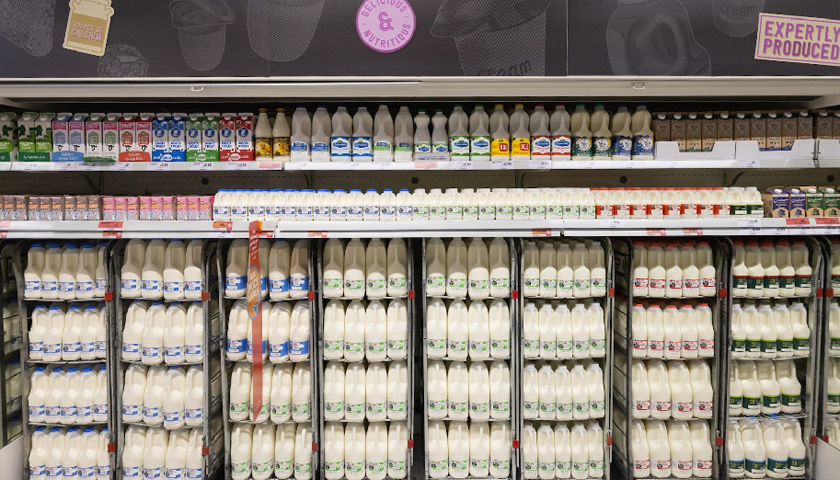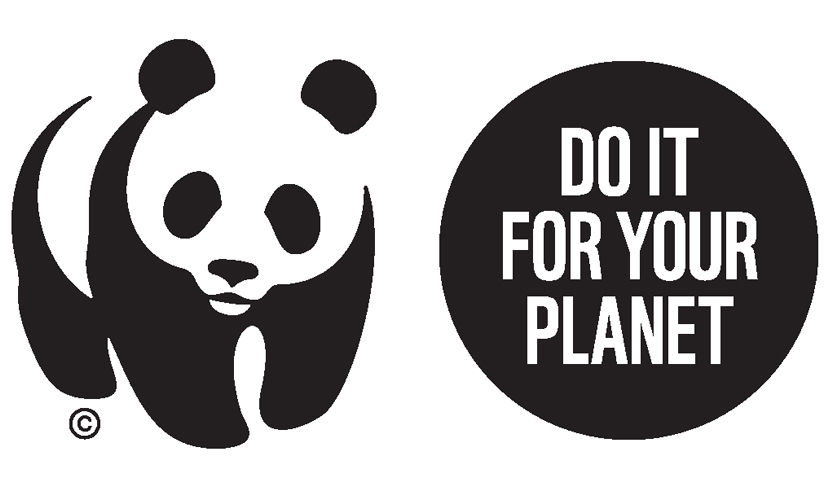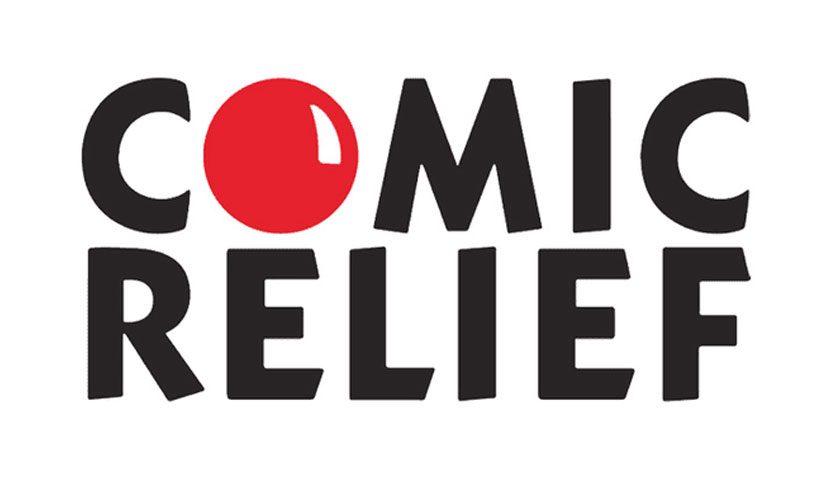Sainsbury’s will be swapping use-by dates for best-before dates across its own-brand milk range, making it the biggest UK retailer to make this change.
The move will affect 44 products in total, including all fresh and organic milk sold across England, Scotland, and Wales, and will apply to over 730 million pints of milk sold by Sainsbury’s every year.
Research from WRAP has shown that milk is the third most wasted food in the UK, with over 490 million pints thrown away each year, often because the milk has passed its use-by date1.
Sainsbury’s switch to best-before dates aims to prevent customers from pouring away pints that are still safe to consume, giving them more time to use up their milk at home. The new labelling will start to roll out in the new year, with the change set to be complete by the end of February 2024.
According to the Food Standards Agency (FSA), use-by dates are linked to food safety, whereas best-before dates relate to food quality2. Food with a use-by date applied should never be consumed past this date (unless frozen on or before that date), whereas foods with a best-before date can be eaten beyond that date.
Sainsbury’s will be encouraging its customers to follow the FSA’s guidance which recommends using sensory cues to see if milk with a best before date label has gone bad, for example, by sniffing the product.
Ruth Cranston, Director of Corporate Responsibility & Sustainability at Sainsbury’s, said: “Around a third of all food produced for human consumption is lost or wasted3.Combatting food waste is one of our top priorities and we are continuously innovating to tackle this issue, all the way from farms and suppliers, right to our customers’ homes. By switching to best-before dates on our milk we are empowering customers to make their own decisions on whether their food is good to eat, helping to prevent them from disposing of food too early.”
Catherine David, Director of Behaviour Change & Business Programmes at WRAP, said: “We are delighted to see this change from Sainsbury’s, which will help reduce food waste in our homes. Wasting food feeds climate change and costs money – with the average family spending over £730 year on good food which ends up in the bin. Our research shows applying the appropriate date label to products can help reduce the amount of good food that is thrown away.
“Applying a ‘best before’ date to milk rather than a ‘use by’ date means that people can use their judgement to eat beyond that date, allowing longer to use what they buy. Check out the Love Food Hate Waste for tips on how to maximise the life span of food – for example ensuring the fridge is below 5oC, to keep food fresher for longer.”
Last month, Sainsbury’s completed the roll out of its new milk caps, meaning that all own-brand skimmed, semi-skimmed and whole milk is now sold with a clear cap, as opposed to a coloured cap, to improve the recyclability of the plastic.
Sainsbury’s is working hard to support its customers in reducing their household food waste, as part of The Courtauld Commitment 2030. Switching to best-before dates on milk is another example of Sainsbury’s bringing this commitment to life and follows its decision to move from use-by dates to best-before dates on its own-brand yoghurts last year, as well as removing best-before dates entirely from over 1,500 products including fresh produce lines such as, pineapples, pumpkins, and apples.
1Household food waste: restated data for 2007-2015, https://wrap.org.uk/sites/default/files/2021-03/WRAP-Household-food-waste-restated-data-2007-2015_0.pdf
2Food Standards Agency, Best before and use-by dates, 2021, https://www.food.gov.uk/safety-hygiene/best-before-and-use-by-dates
3Food wastage footprint: Impacts on natural resources – summary report, https://www.fao.org/3/i3347e/i3347e.pdf



